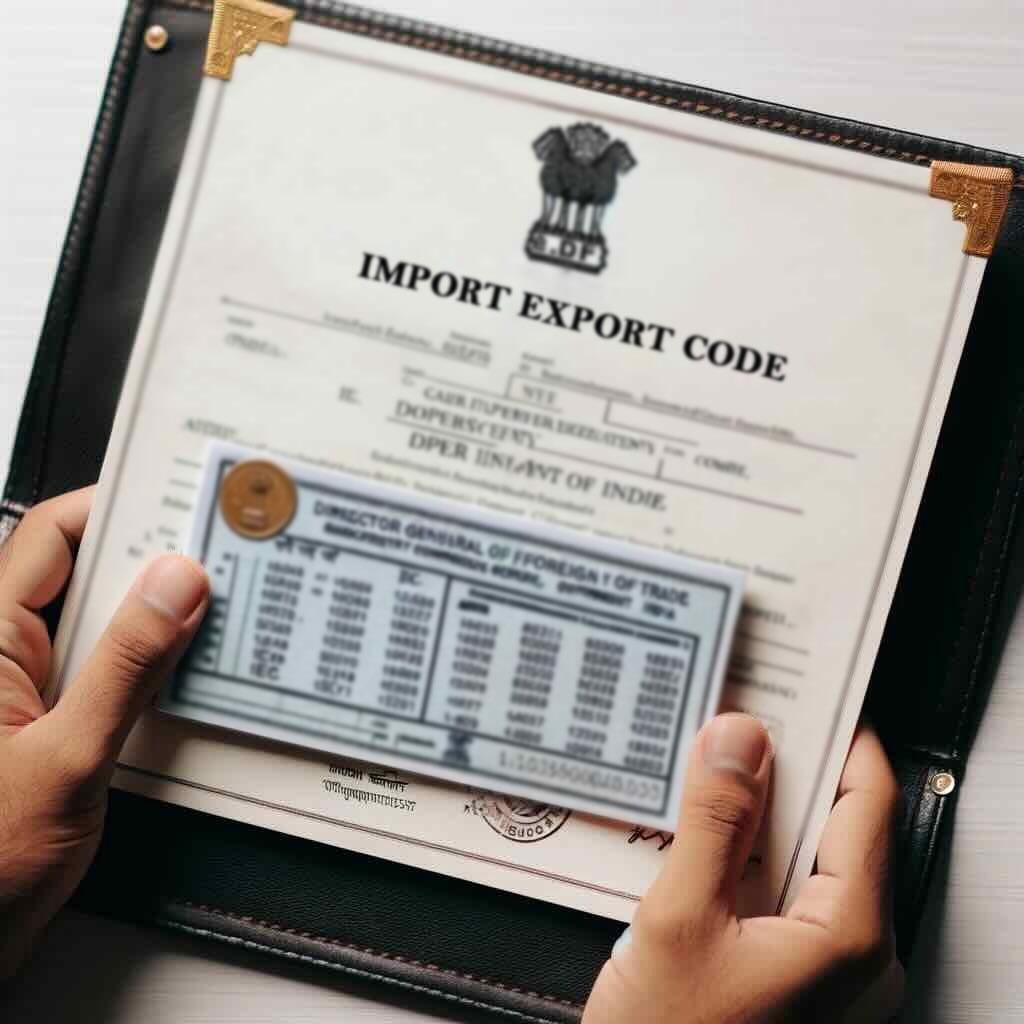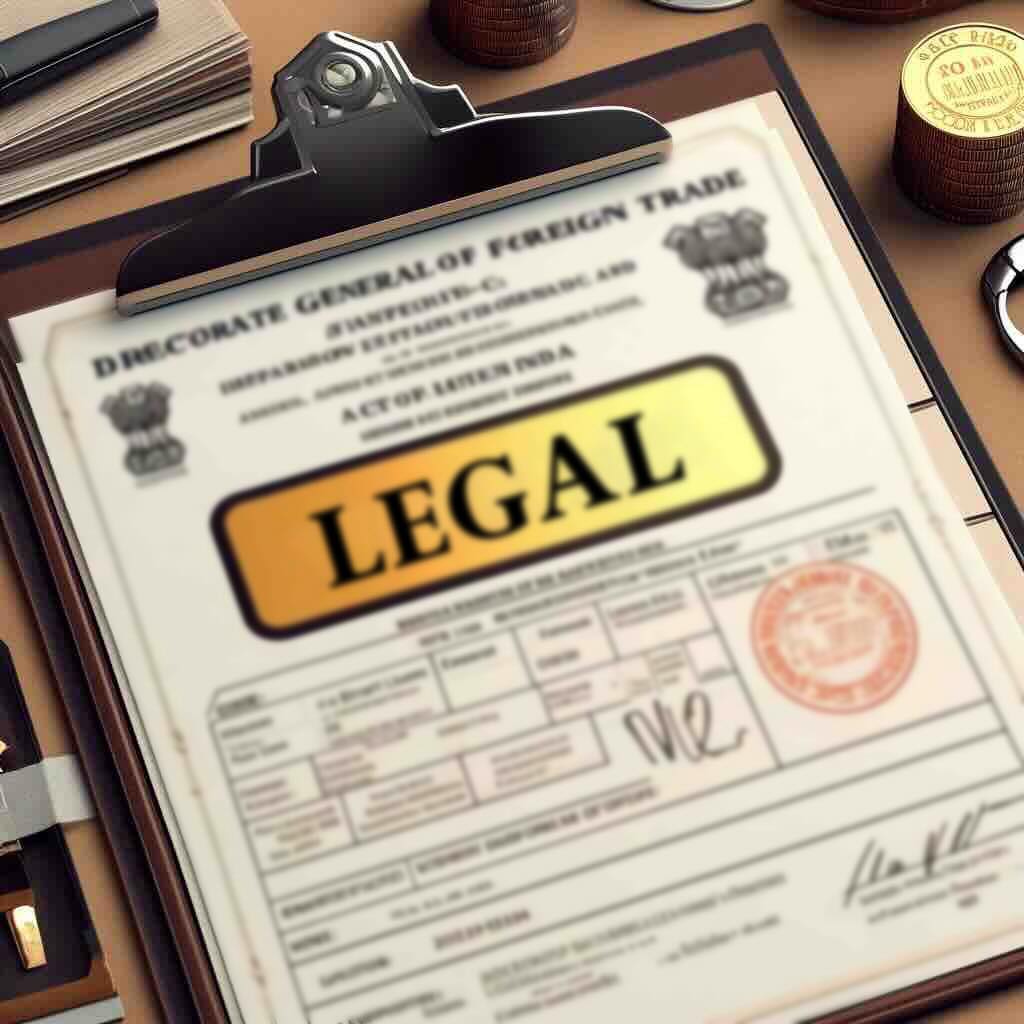Import Export Registration in Kalyan
Get your IEC Certificate
An Importer-Exporter Code (IEC) is a 10-digit alphanumeric code that is required for importing or exporting goods and services in and out of India. IEC may be applied on behalf of a firm which may be a Proprietorship, Partnership, LLP, Limited Company, Trust, HUF, Society. Firm must have a PAN, bank account in the name of the firm and a valid address before applying. Address may be physically verified by the DGFT on issuance of the IEC. Please keep your PAN, bank details and firm details ready before applying.
Import Export Registration in Kalyan 2025Trusted by 4,355+ Businesses

DGFT Recognized
Govt. Authorized
Validity
Lifetime Valid


